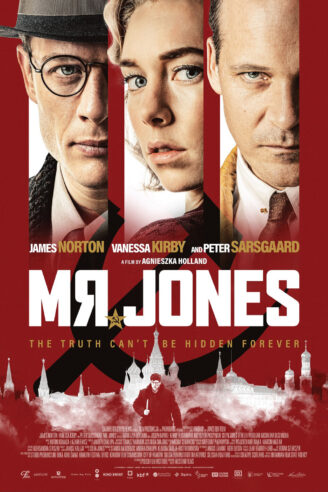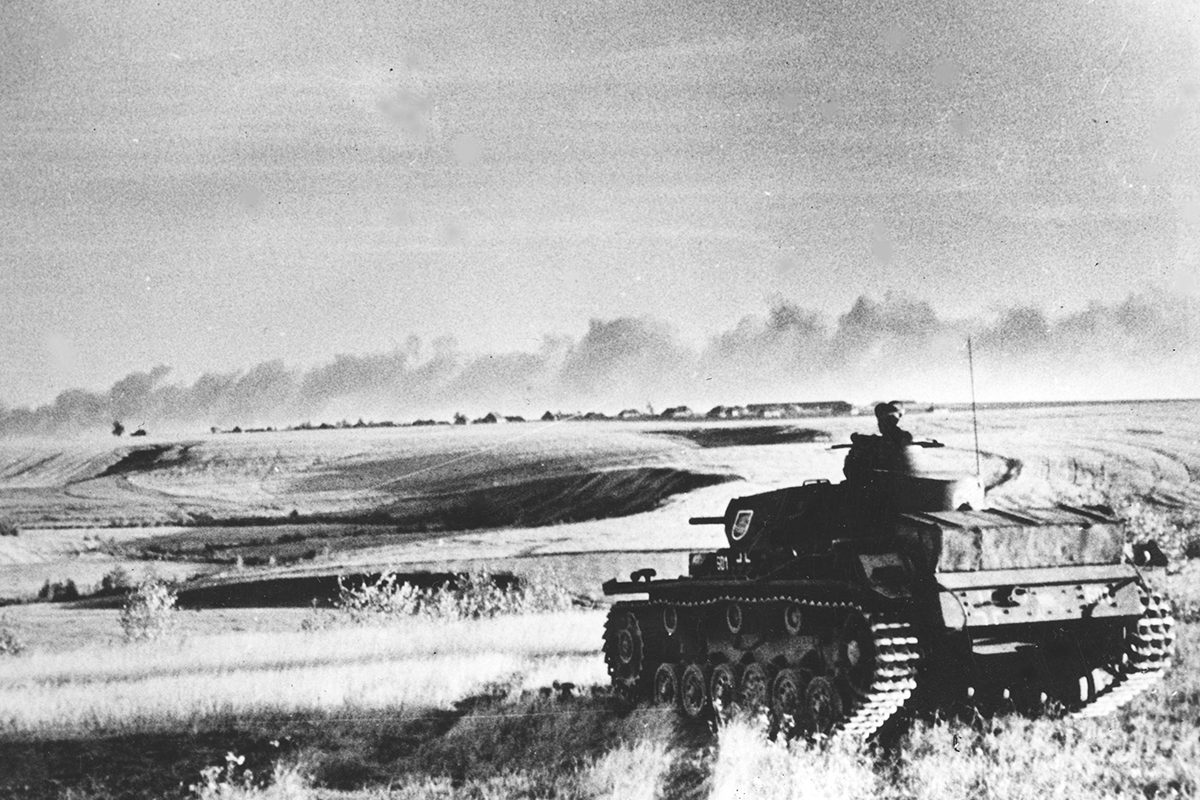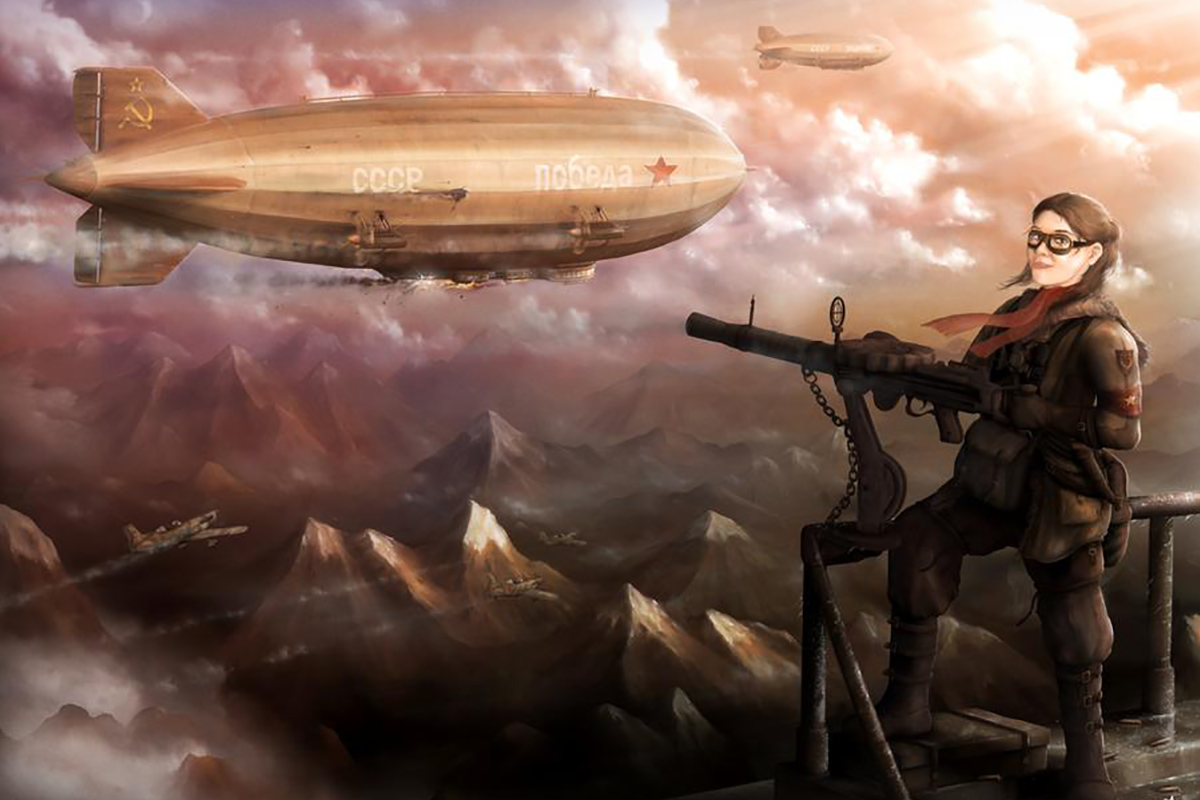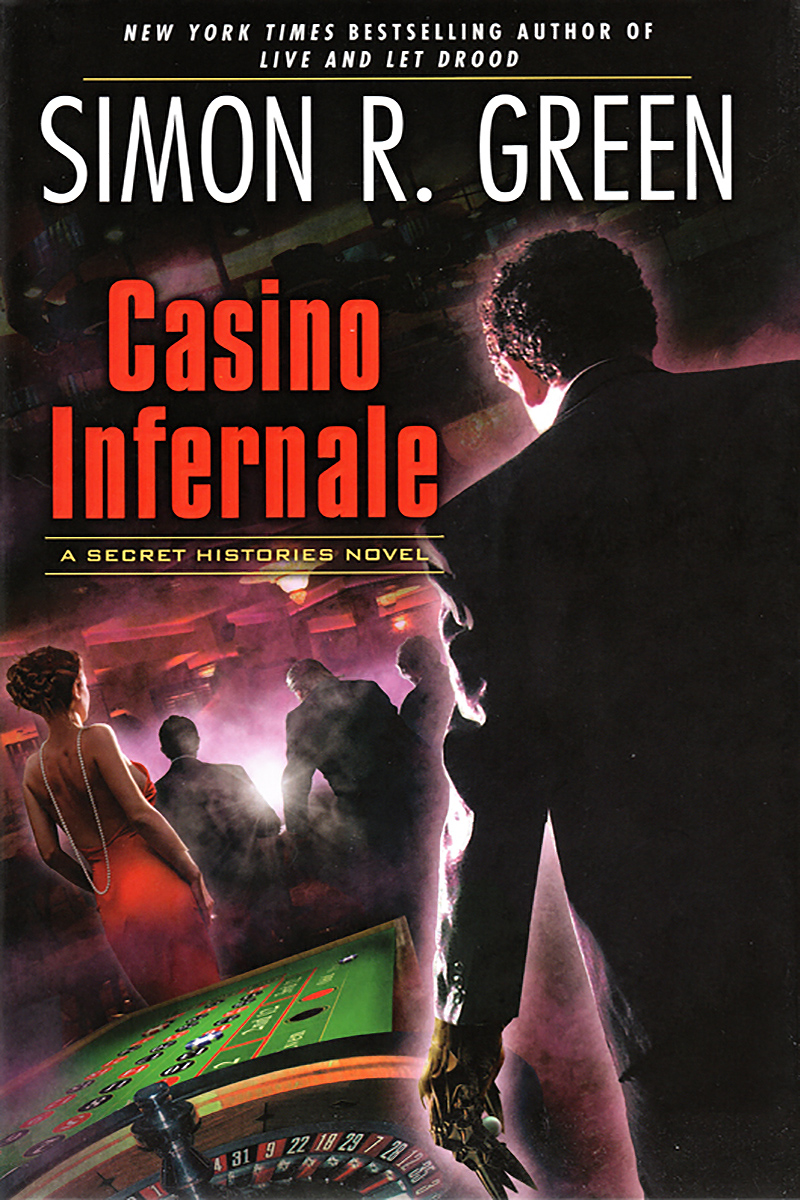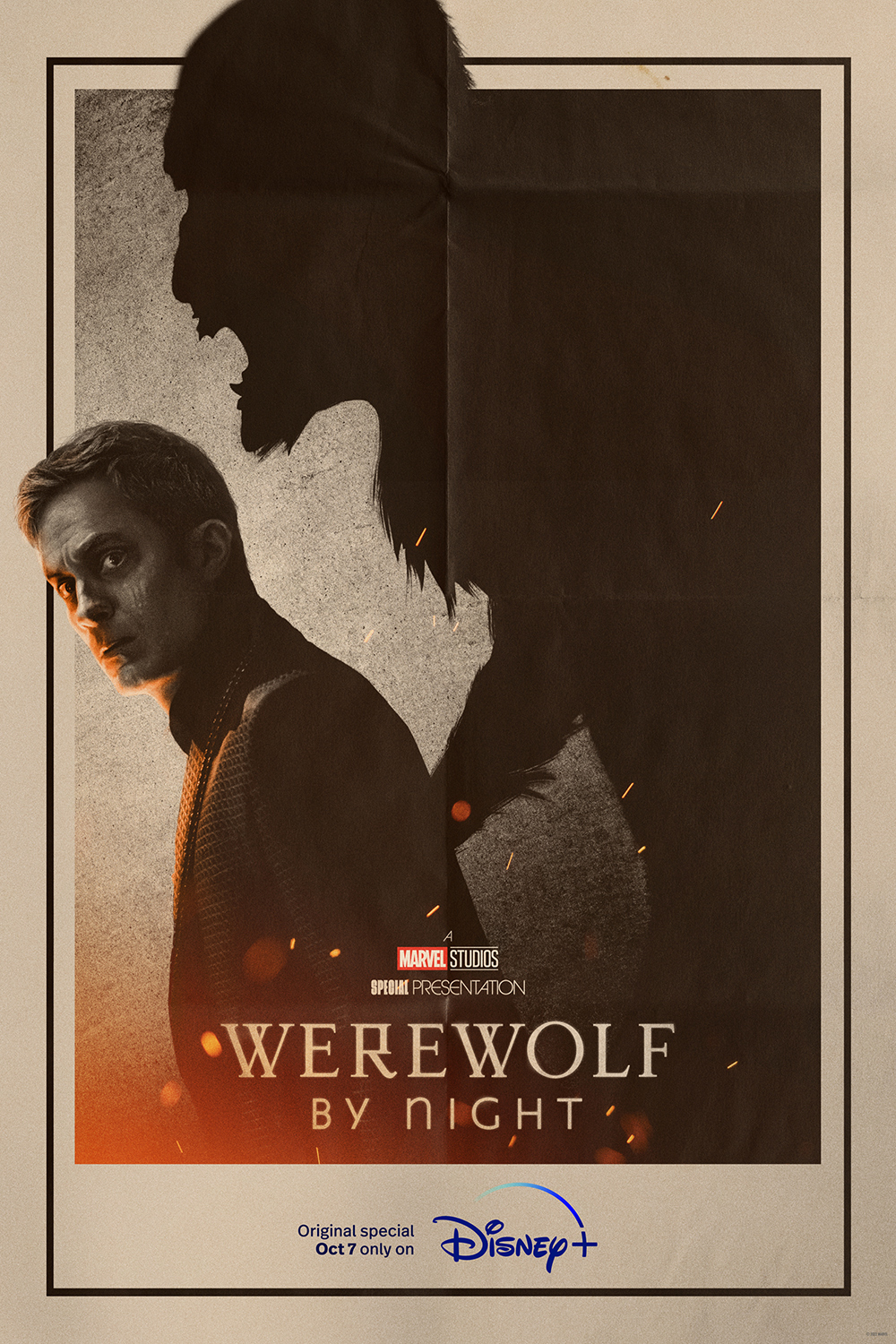The student of history soon learns that the road to utopia is paved with corpses. The People’s Republic of China starved millions of its own people in pursuit of a classless society. Israel expelled and massacred thousands of Arabs in the war that fashioned the modern state. The United States brutalized its indigenous peoples in an attempt to create an agrarian paradise.
The most infamous example is the original Marxist society-building project, the Soviet Union. In an attempt to bring a country barely out of feudalism into the industrial era, Lenin and Stalin starved their own people, including the Ukrainians in what is remembered as the Holodomor (“death by hunger”).
Before the 2014 invasion and annexation of the Crimean Peninsula from Ukraine, few in the West had heard of the Holodomor. The fact that Westerners learned about the tragedy at all is thanks to one man: Gareth Jones, a British journalist. His story is dramatized in the 2019 film Mr Jones, directed by Agneiszka Holland.
Gareth Jones (played by James Norton) goes to Moscow to try to interview Stalin. His goal sounds less outlandish when you learn that he had already interviewed Adolf Hitler. He arrives in a city that is boasting of its progress and modernity, but Jones realizes that the numbers for the financing of Soviet industrialization don’t add up. Through some journalistic chicanery, he finds his way to Ukraine, where he sees the truth.
In Moscow, Jones has a foil, a journalist for The New York Times by the name of Walter Duranty (Peter Sarsgaard). Duranty was a real man, one who used his position to whitewash Stalin’s cimes. Jones is honest, Duranty a flagrant liar. Jones cares for people, Duranty for his career and his ideology. You see idealism versus infuriating, depressing reality in their interactions.
One of the things that struck me about this film is the way it uses color. Britain is colorful, a peaceful country (for the moment) where democracy generally works. Moscow is colorful, a city that is intended as a beacon of hope and progress for the Soviet Union and the world — but one that few foreign journalists are allowed to leave. The color fades as Jones travels from Moscow to Ukraine by then. When he arrives in what historian Timothy Snyder has memorably called the “Bloodlands”, the film is almost entirely in shades of grey. It is winter, and the color helps you feel the cold.
The immense suffering of the Ukrainian people is put on display in ways that are properly impactful, never maudlin. One telling incident is when Jones trades a piece of bread for a man’s coat with disturbing ease. People aren’t just hungry or oppressed; hunger and oppression has become part of the rhythm of life for Ukrainians.
The film is not without its flaws. The family of Gareth Jones has criticized a number of inaccuracies. There is also a sequence of a journalists’ party hosted by Duranty which I think becomes too sensational (and perhaps has an unintentionally homophobic subtext). A fictional journalist played by Vannessa Kirby doesn’t really have the space to shine.
On a fundamental level, Mr Jones serves spectacularly as a condemnation of “business as usual” in both capitalist and communist societies. Jones’ revelations came at a time when the Soviet Union was trying to normalize its relations with the West. It caused the famine in Ukraine by selling wheat to the West in order to finance its industrialization. Western powers were — inadvertently — complicit in mass murder by looking the other way as its businesses reaped filthy lucre.
Jones is intimidated by the Soviet government to keep quiet. Perversely, he receives similar treatment from those in Britain who don’t want to cause a diplomatic incident. Most morally bankrupt is Duranty, who actively tries to silence Jones for personal gain. Near the end, you see a party commemorating the United States’ diplomatic recognition of the Soviet Union at a time when Jones’ personal predicament is at its bleakest. The American industrialist and Soviet bureaucrat may have been more similar than either cared to admit.
While imperfect, Mr Jones brings an oft-forgotten tragedy to life with sensitivity and emotional resonance. It is a film that will challenge your preconceptions of who is responsible for, and capable of, heinous crimes. It is an unpleasant truth, but one that needs to be told.

